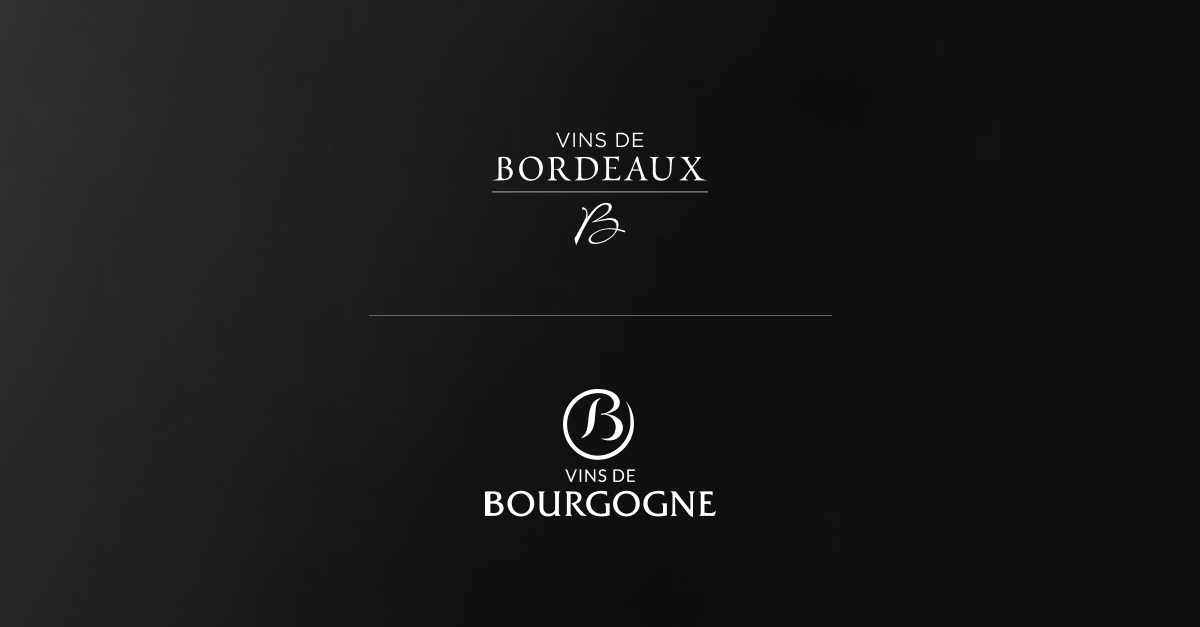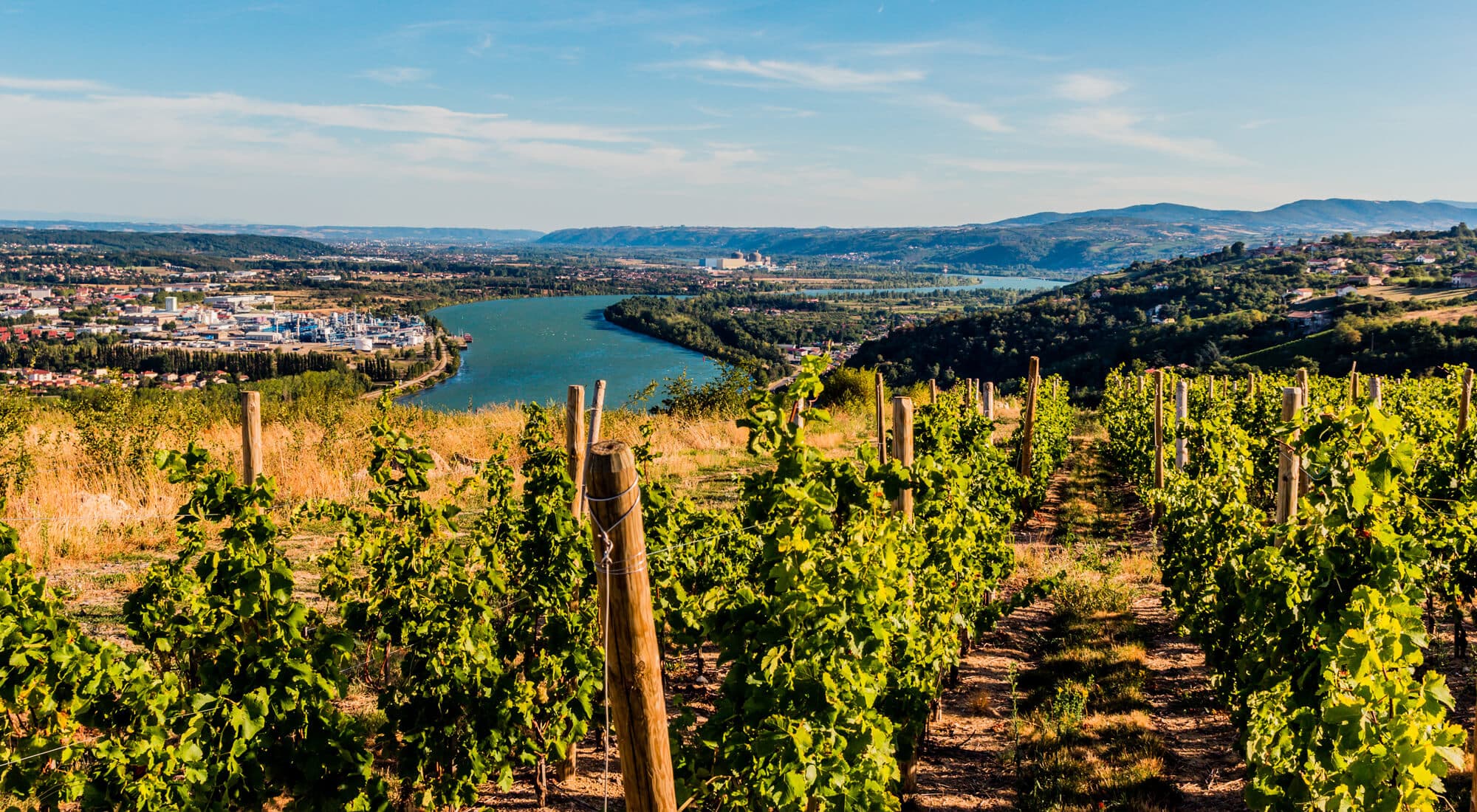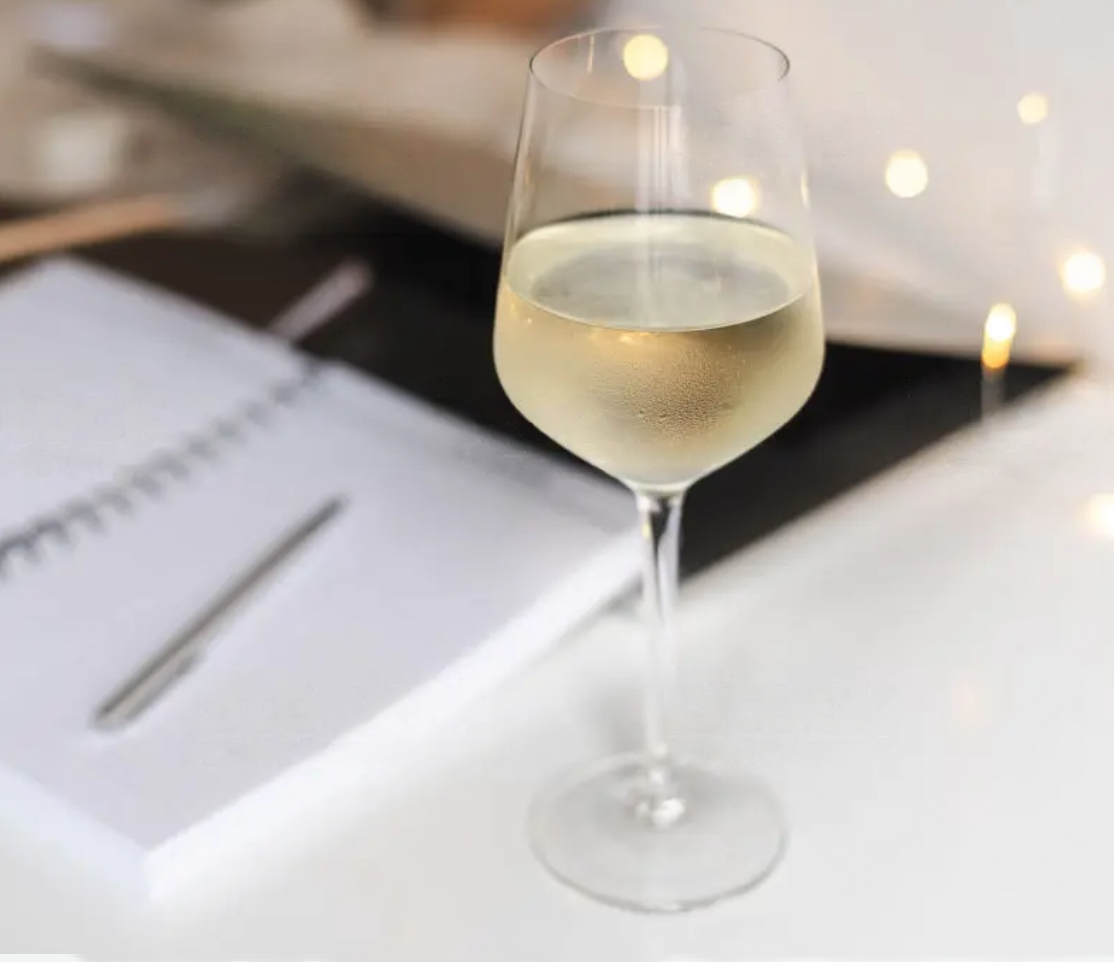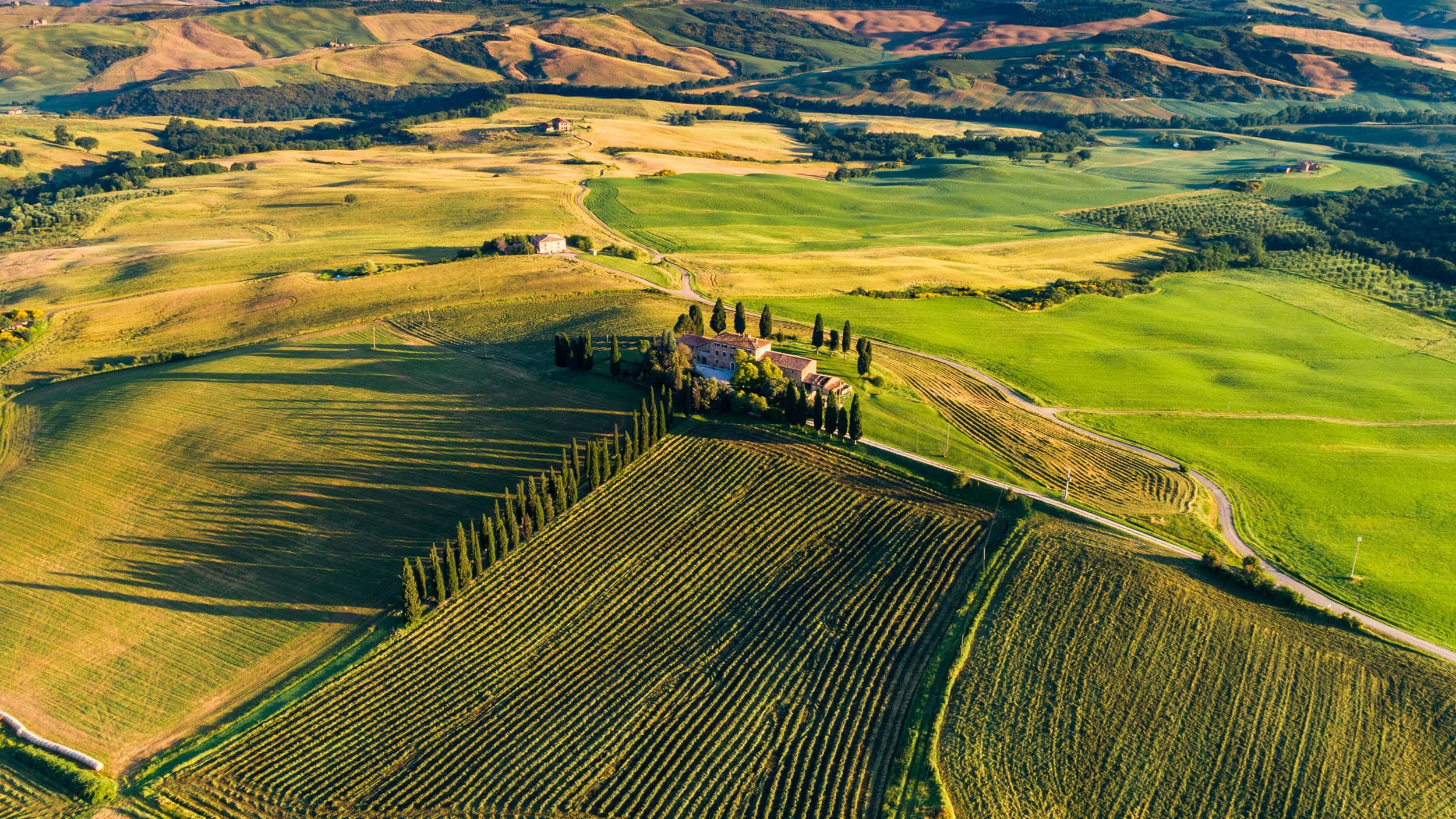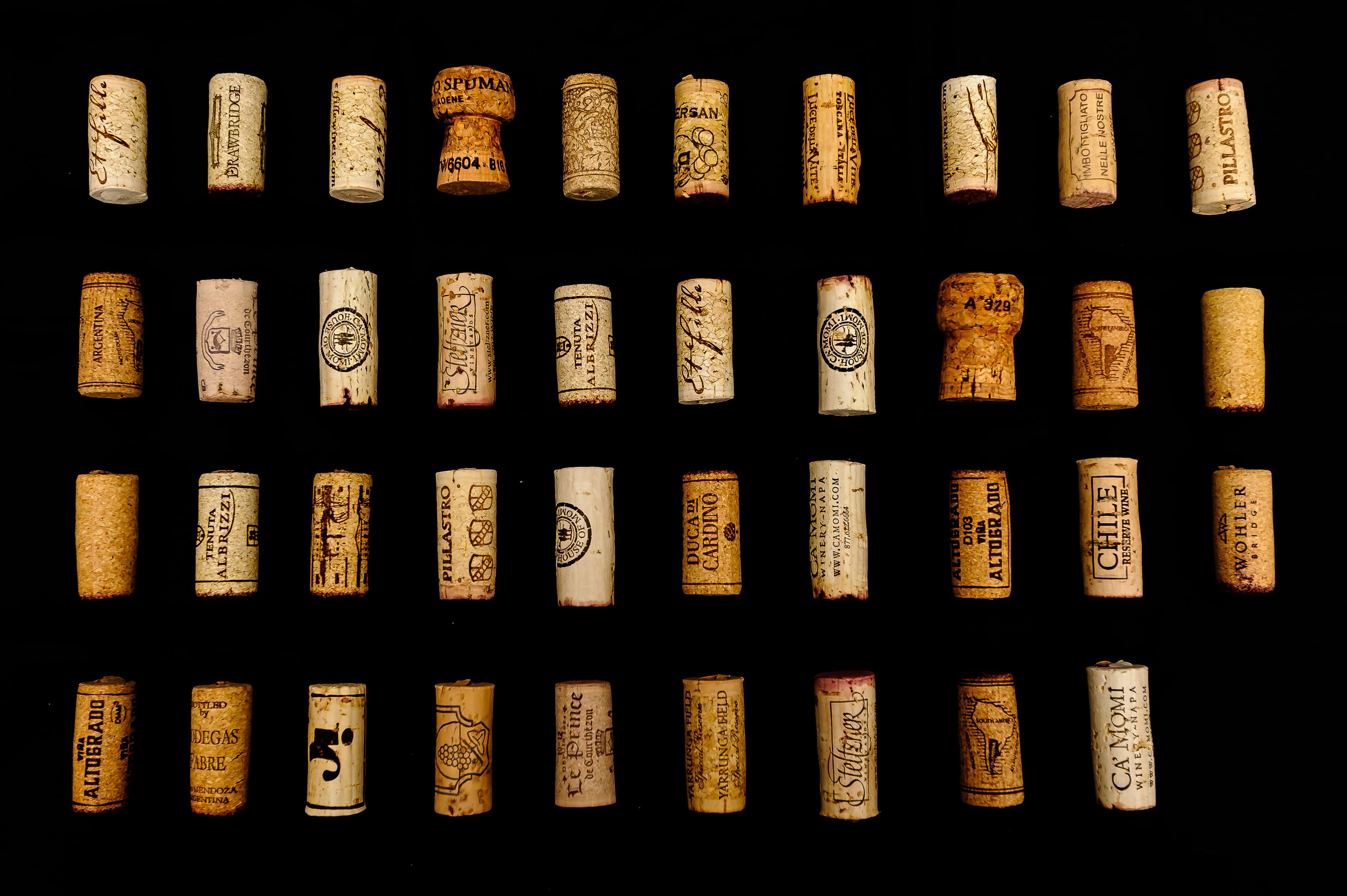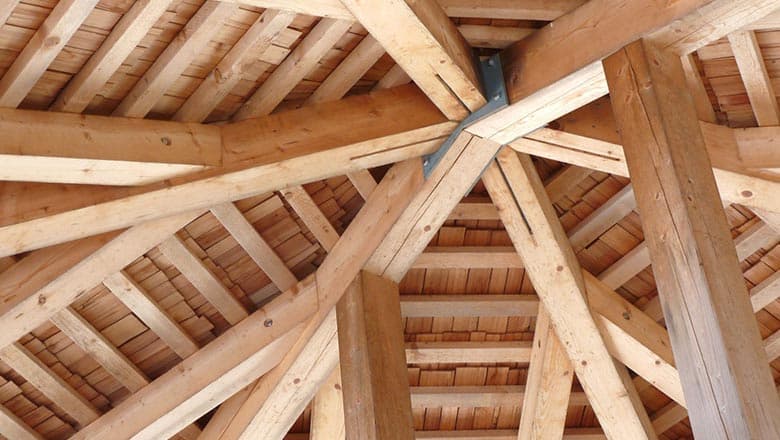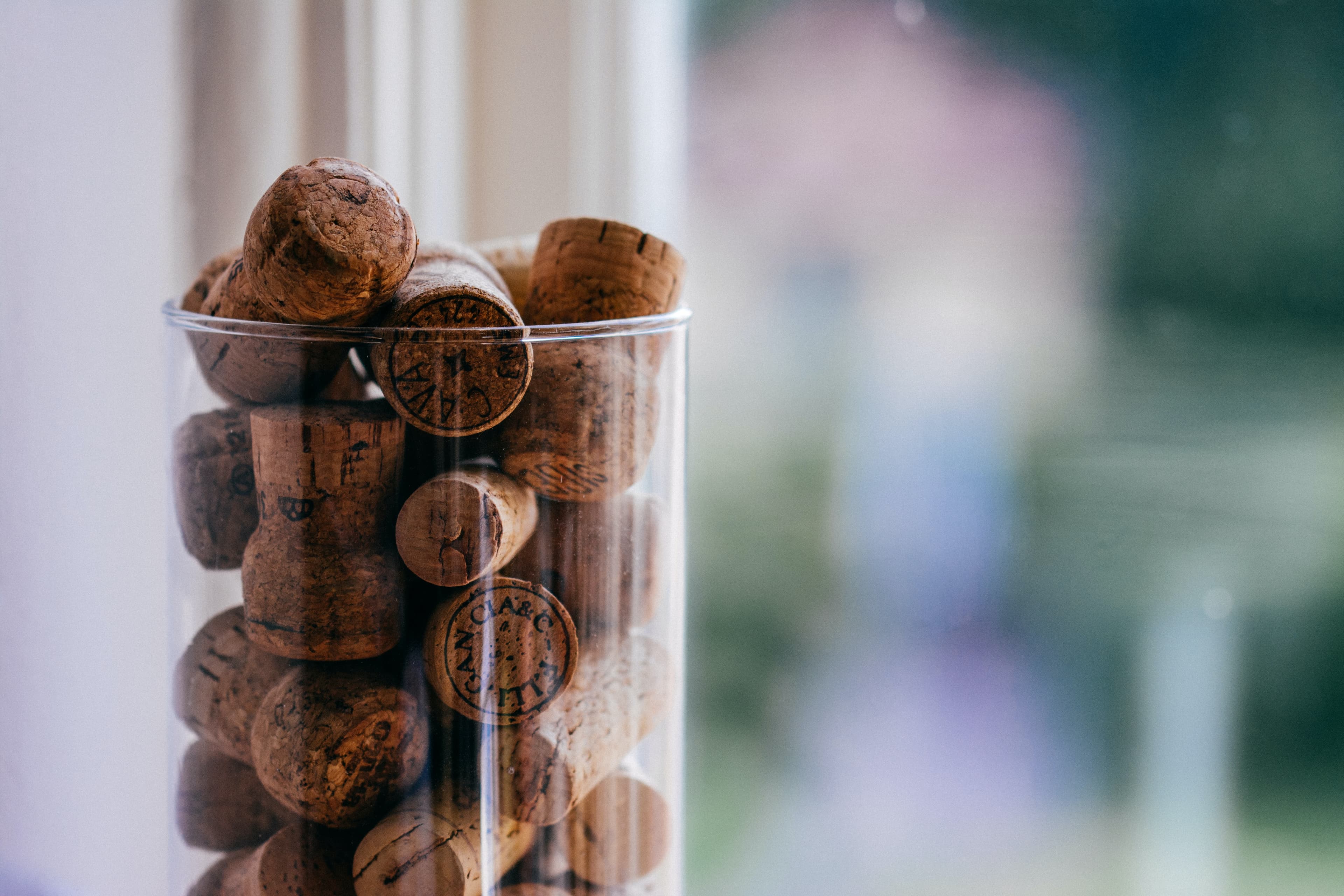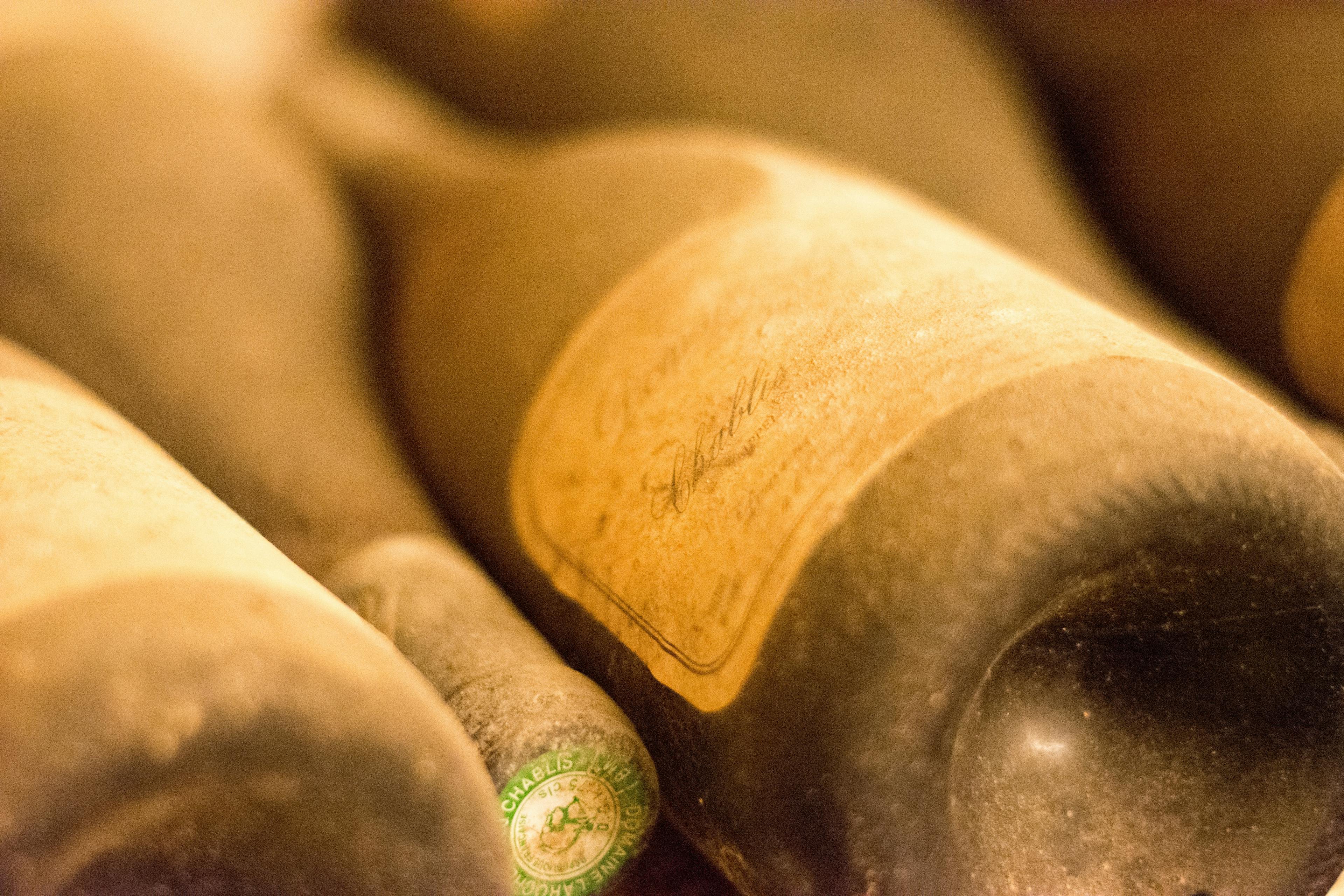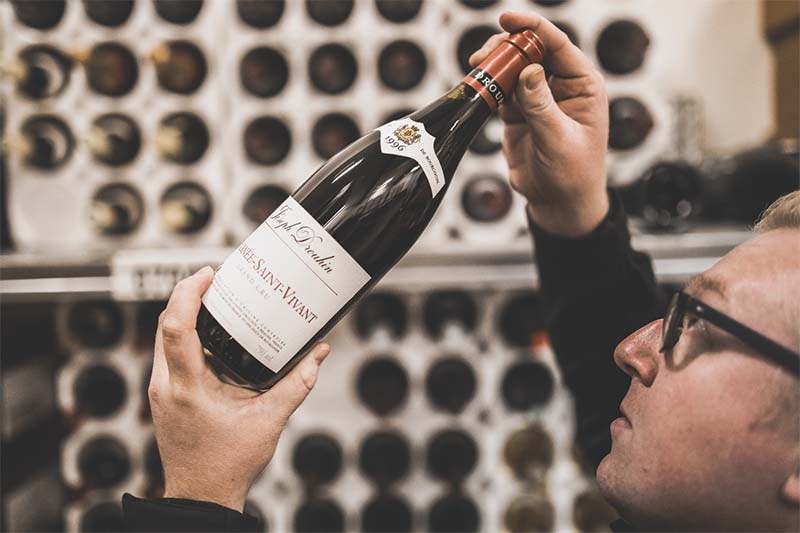What Makes Domaine Leflaive Unique Among Burgundy?
12 min read
Head of Content

Nestled in the heart of Burgundy, Domaine Leflaive stands as a beacon of viticultural excellence and tradition. This prestigious winery is renowned for its exceptional approach to winemaking and its commitment to biodynamic practices, which significantly influence the quality and character of its wines. As we delve into the aspects that make this estate unique, we'll explore the history, the meticulous vineyard management, and the innovative techniques that have positioned Domaine Leflaive as a leader in the Burgundy wine scene. Understanding these elements provides insight into why wine enthusiasts and critics alike hold this domaine in such high regard.
The Historical Legacy of Domaine Leflaive in Burgundy
Domaine Leflaive, established in the early 18th century, has a rich history deeply intertwined with the Burgundy region's winemaking heritage. This esteemed vineyard is renowned for its exceptional approach to biodynamic practices, initiated in 1990. Such methods have not only enhanced the quality of their wines but also solidified their reputation as pioneers in sustainable viticulture. The historical legacy of Domaine Leflaive is marked by a commitment to purity and excellence, influencing generations of vintners in and beyond Burgundy.
Innovative Techniques: Under the guidance of Anne-Claude Leflaive, the estate adopted biodynamic farming, drastically reducing chemical inputs and focusing on natural growth cycles.
Prestigious Wines: The vineyard is famous for producing some of the world's most acclaimed white wines, particularly its Montrachet Grand Cru, which is highly sought after by collectors and connoisseurs.
Family Heritage: Continuously operated by the Leflaive family, the domaine's leadership has kept their ancestral legacy alive, ensuring that each bottle of wine is a reflection of their long-standing values and expertise.
For those interested in enjoying a piece of Burgundy's history, Domaine Leflaive offers a unique glimpse into the region's winemaking evolution.
Unique Viticultural Practices at Domaine Leflaive
Domaine Leflaive, a revered name in Burgundy, employs several unique viticultural practices that significantly influence the taste of its wines. This esteemed vineyard is renowned for its commitment to biodynamic farming, a method it adopted fully in 1997. This approach emphasizes the interrelationship between the earth, plants, and stars, fostering a holistic nurturing environment for the vines.
Horse Plowing: Domaine Leflaive utilizes horses to plow its vineyards. This traditional technique avoids compacting the soil, unlike heavy machinery, allowing for better aeration and minimal disturbance to the vine roots.
Hand Harvesting: Grapes at Domaine Leflaive are meticulously picked by hand. This careful selection ensures that only the best grapes are used, maintaining high-quality wine production.
Natural Composting: Instead of chemical fertilizers, the estate uses organic compost made from vine cuttings and other organic farm waste. This practice enriches the soil naturally, enhancing the grape's flavor profile.
These practices not only sustain the health of the vineyard but also improve the quality and distinctiveness of the wines produced, making each bottle a true representation of its terroir.
The Terroir of Domaine Leflaive: Soil and Climate
The terroir of Domaine Leflaive significantly influences its unique position in Burgundy's wine landscape. This renowned estate benefits from a combination of rich soils and a favorable climate, which are pivotal in producing their acclaimed white wines. The soil composition at Domaine Leflaive is primarily limestone and clay, providing excellent drainage and the right mineral nutrients that Chardonnay vines need to thrive.
Climate also plays a crucial role in shaping the character of their wines. The region experiences a continental climate, marked by cold winters and warm summers. This variation between seasons ensures a slow, steady ripening of grapes, which is ideal for developing complexity and maintaining the acidity necessary for freshness in wine.
For more detailed facts about how Domaine Leflaive's terroir contributes to its distinctiveness, consider the following points:
The specific plot locations at Domaine Leflaive have a unique microclimate.
Altitude variations within the vineyards affect the temperature and sunlight exposure.
The age of the vines in different plots can influence the depth and concentration of flavors in the wine.
Domaine Leflaive's Approach to Biodynamic Farming
Domaine Leflaive's commitment to biodynamic farming significantly sets it apart in the Burgundy wine region. This approach, initiated in 1990, emphasizes a holistic connection between the vineyard, the wider ecosystem, and cosmic forces. By treating the vineyard as a self-sustaining organism, Domaine Leflaive ensures that each aspect of the environment contributes to the growth and health of the vines.
Natural Preparations: The estate uses herbal and mineral additives to enhance soil vitality and plant health. These preparations are applied according to biodynamic calendars, aligning treatments with lunar and astrological cycles.
Composting and Crop Rotation: Organic composts are integral to enriching the soil. Crop rotation and cover cropping strategies are employed to prevent soil depletion and to promote biodiversity within the vineyard.
Animal Integration: Animals play a crucial role in biodynamic agriculture at Domaine Leflaive. By grazing in the vineyards, animals naturally manage weed growth and fertilize the soil, reducing the need for chemical interventions.
For those interested in the deeper history of Domaine Leflaive's biodynamic practices, it reveals a profound respect for nature and a commitment to producing wines of exceptional quality and character.
The Varietals Grown by Domaine Leflaive
Domaine Leflaive, a revered name in Burgundy, primarily cultivates Chardonnay, the grape behind its world-famous white wines. This varietal thrives in the region's unique terroir, characterized by limestone-rich soils and a favorable microclimate, which imparts a distinct minerality and complexity to the wines. The estate also grows a smaller amount of Pinot Noir, which is used to produce exceptional red wines that are celebrated for their elegance and depth.
The focus on these two varietals allows Domaine Leflaive to produce wines with a clear expression of their terroir, making them highly sought after for their quality and consistency. Each vineyard plot is managed with meticulous care, following biodynamic farming principles to ensure the health of the vines and the ecosystem.
For enthusiasts looking to explore how these wines complement various dishes, the food pairings for Domaine Leflaive can enhance any dining experience. Here are some top matches:
Chardonnay with creamy seafood dishes
Pinot Noir alongside roasted red meats
Young whites with soft cheeses
Mature vintages paired with truffle-based recipes
Winemaking Techniques That Set Domaine Leflaive Apart
Domaine Leflaive employs several distinctive winemaking techniques that contribute to its standout status in the Burgundy region. One of the most significant methods is biodynamic farming, which they adopted in 1997. This approach treats the vineyard as a self-sustaining ecosystem, emphasizing the importance of soil health and the integration of plants and animals. Such practices ensure that the vines are grown in a balanced environment, enhancing the grapes' quality.
Another technique that sets Domaine Leflaive apart is their meticulous grape selection process. Only the best grapes make it to the press, which means each batch of wine maintains a high standard of clarity and flavor. The winery also utilizes a unique aging process, where wines are aged in oak barrels for up to 12 months. This not only imparts a subtle woody flavor but also allows the wine to stabilize and develop complexity.
For enthusiasts looking to store their Domaine Leflaive bottles, understanding these techniques can be crucial. Proper storage conditions help preserve the wine's integrity, reflecting the quality and effort put into its production.
The Role of Oak Aging in Domaine Leflaive's Wines
Domaine Leflaive's approach to oak aging is a pivotal aspect of their winemaking process, significantly influencing the flavor profile and complexity of their wines. This Burgundy estate meticulously selects its oak barrels, ensuring that each one meets their high standards for quality and suitability to the wine's character. The use of oak is balanced, aiming to enhance, not overpower, the natural attributes of the grapes.
Selection of Oak: The choice of French oak, with its tight grain and moderate tannin, complements the delicate nuances of Chardonnay, the primary varietal used at Domaine Leflaive.
Aging Duration: Wines are aged in barrels for varying periods, depending on the vintage and wine type. This careful timing helps to integrate the oak flavors seamlessly with the wine.
Toasting Levels: Barrels are toasted to different levels, which influences the subtle infusion of smoky, spicy, or vanilla notes into the wine.
These elements of barrel selection and management are central to the craftsmanship that sets Domaine Leflaive apart. Each decision in the aging process is aimed at preserving the integrity and enhancing the expression of their exceptional Burgundy wines.
Domaine Leflaive's Contribution to Burgundy's Reputation
Domaine Leflaive has significantly shaped the reputation of Burgundy wines, particularly through its dedication to biodynamic farming practices and the exceptional quality of its Chardonnay. Established in Puligny-Montrachet, this esteemed winery has been a pioneer in organic viticulture since 1990, transitioning fully to biodynamic methods in 1997. This approach has not only enhanced the terroir's expression in their wines but also set a benchmark for sustainability in viticulture across the region.
Innovative Winemaking Techniques: Domaine Leflaive employs meticulous winemaking processes that ensure each bottle reflects the unique characteristics of its vineyards. The use of indigenous yeasts and minimal intervention in the cellar highlights the natural flavors and complexity of the grapes.
Leadership in Quality: The winery's focus on producing limited quantities ensures that each vintage receives the attention it deserves, contributing to consistently high-quality wines that serve as ambassadors of Burgundy's rich wine heritage.
Educational Impact: By hosting seminars and vineyard tours, Domaine Leflaive educates wine enthusiasts and professionals alike, spreading knowledge and passion for biodynamic wine production.
Through these efforts, Domaine Leflaive not only enhances the prestige of Burgundy wines but also inspires other producers to adopt sustainable practices.
Sustainability Initiatives at Domaine Leflaive
Domaine Leflaive has long been recognized for its commitment to environmental stewardship, particularly through its sustainability initiatives. Since converting to biodynamic farming in 1997, the vineyard has set a benchmark in ecological viticulture in Burgundy. This approach not only enhances the quality of their wines but also ensures the health of the vineyard ecosystem.
Key initiatives include the use of natural composts and the strict avoidance of synthetic pesticides and fertilizers. These practices help maintain soil fertility and biodiversity, which are crucial for cultivating vines that reflect the true character of their terroir. Additionally, Domaine Leflaive employs cover cropping strategies to prevent soil erosion and to promote natural water retention.
Water management is another critical area of focus. By implementing rainwater harvesting and optimizing irrigation techniques, Domaine Leflaive reduces its dependence on external water sources, which is vital in the face of climate change.
For those interested in exploring some of the popular vintages that have benefited from these sustainable practices, Domaine Leflaive offers a range of options that exemplify the success of their environmental efforts. Each vintage is a testament to the winery's commitment to quality and sustainability.
How Domaine Leflaive Influences Modern Winemaking in Burgundy
Domaine Leflaive, a venerable name in Burgundy, has significantly influenced modern winemaking practices in the region. Known primarily for its exceptional white wines, particularly those made from Chardonnay, the estate has pioneered several innovative techniques that have been adopted widely across Burgundy.
Biodynamic Farming: Domaine Leflaive was one of the early adopters of biodynamic farming methods in Burgundy, starting this practice in 1997. This holistic approach to viticulture treats the vineyard as a self-sustaining ecosystem, emphasizing soil health and biodiversity. Such practices have inspired numerous Burgundian winemakers to adopt more sustainable and environmentally friendly farming techniques.
Vinification Methods: The winery has also been at the forefront of refining vinification processes, including the use of natural yeasts and minimal intervention techniques. These methods help to better express the terroir, the unique environmental conditions where the grapes are grown, which is a central concept in Burgundy winemaking.
Aging Process: Leflaive's approach to aging their wines, particularly the use of oak barrels that are not overly dominant, allows the wine to mature while maintaining the delicate balance of flavors and aromas. This subtlety in the use of oak has influenced how other winemakers in the region consider aging their wines to enhance complexity without overpowering the grape's natural characteristics.
Through these contributions, Domaine Leflaive not only crafts exquisite wines but also sets standards that shape the future of winemaking in Burgundy.
Conclusion
In conclusion, Domaine Leflaive's unique approach to winemaking in Burgundy sets it apart as a beacon of quality and innovation. From its deep-rooted history to its pioneering biodynamic practices, the domaine consistently produces wines that are not only a pure expression of terroir but also a benchmark for sustainability in viticulture. The meticulous care in the vineyard and the cellar results in wines that are highly sought after by connoisseurs and collectors alike.
For enthusiasts looking to invest in Domaine Leflaive's exceptional wines, Rekolt offers a seamless solution that enhances the value and enjoyment of your purchase. By choosing our professional cellar storage option, you ensure that your wine is kept in optimal conditions, preserving its quality and aging potential. This service not only safeguards your investment but also provides flexibility in managing your wine portfolio, making it easy to resell or trade wines when the market is favorable. With Rekolt, you can enjoy the prestige of owning superb wines like those from Domaine Leflaive, while benefiting from state-of-the-art storage and management solutions. Whether you're a seasoned collector or a new enthusiast, Rekolt enhances your experience with every bottle.
Share this article
